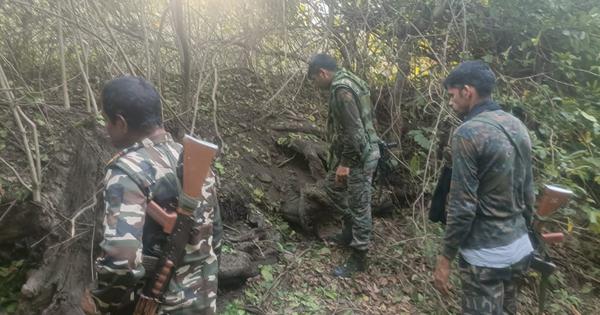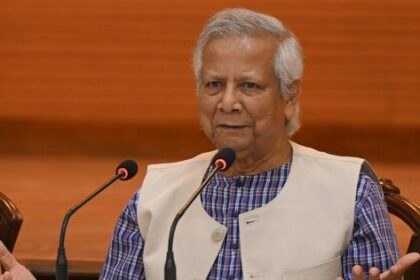Security forces continue operations against Maoists as arrests and surrenders increase in Jharkhand.
According to a police officer, at least 32 suspected Maoists have been killed in encounters with security forces in Jharkhand from January to September of this year. In addition to the fatalities, law enforcement agencies have arrested 266 individuals and witnessed 30 surrenders during the same timeframe.
Inspector General (Operations) and Jharkhand Police Spokesperson Michael Raj S provided details to reporters, highlighting that two prominent figures among the deceased were Vivek alias Prayag Manjhi and Anuj alias Sahdev Soren. Both individuals were central committee members of the Communist Party of India (Maoist) and were wanted with rewards of Rs 1 crore each for information leading to their capture.
Raj further noted that among those arrested, there were two regional committee members, a zonal commander, two sub-zonal commanders, and nine area commanders affiliated with the Communist Party of India (Maoist) and its splinter groups. This suggests a significant impact on the organization’s leadership structure in the region.
Among the 30 suspected Maoists who have surrendered during this period were notable figures such as Ravindra Yadav, a Zonal Commander of the Communist Party of India (Maoist), Anand Singh, a Sub-Zonal Commander, and Lavlesh Ganjhu alias Lokesh Ganjhu, who is associated with the Jharkhand Jan Mukti Parishad.
The ongoing operations in Jharkhand are part of a broader commitment from the Union government, which has stated its goal to eradicate Maoism by March 31, 2026. This initiative reflects a sustained effort to combat Maoist insurgency in various regions across India.
In related developments, the neighbouring Bastar region of Chhattisgarh has also seen significant violence attributed to Maoist activities. Reports indicate that over 400 suspected Maoists were killed in encounters during the 2024-’25 period, as stated by Chief Minister Vishnu Deo Sai. Furthermore, in 2024 alone, security forces in Chhattisgarh reportedly killed 217 suspected Maoists.
However, reports have emerged questioning the classification of those killed as Maoists. Malini Subramaniam’s investigation for Scroll revealed that several families have disputed police claims, asserting that individuals identified as Maoists were, in fact, civilians caught in the crossfire. This highlights the complex and often contentious nature of the conflict in these regions.








